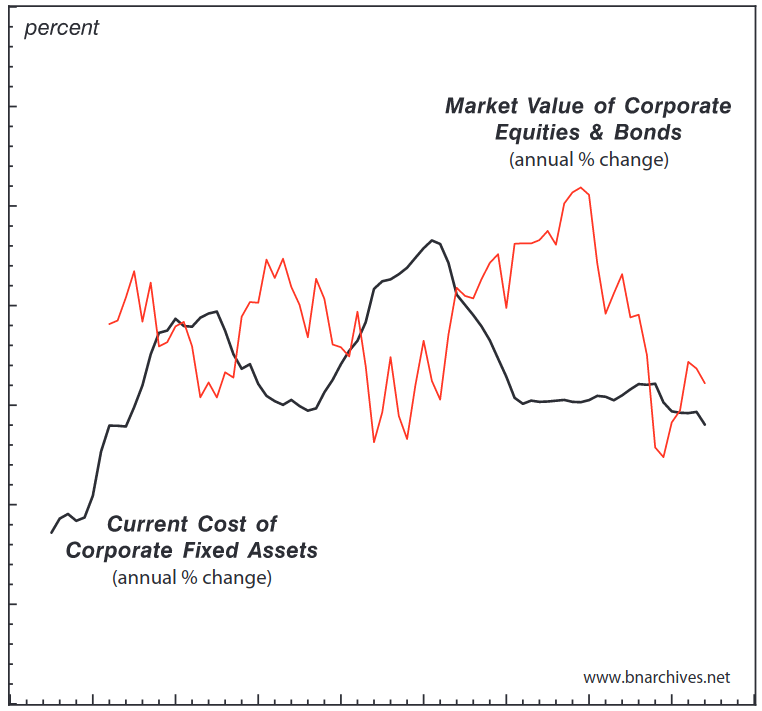Originally published at pluralistic.net Cory Doctorow Our societal narratives are invisible by dint of their ubiquity, but they are far more important in stabilizing the status quo that all the cops and jails and domestic surveillance agencies put together. Take inequality: when a few have much, and the many have little, the primary means of […]
Continue ReadingHas Wealth Gone Digital?
Originally published on Economics from the Top Down Blair Fix A revolution is underway around us and it’s called the digital. And it’s changing everything. More than 80% of wealth is now non-material. — Charles Foran in Just don’t say his name: the modern left on Karl Marx’s place in politics (41:30) Has wealth gone […]
Continue Reading2019/02.1: Fix, ‘How the Rich are Different: Hierarchical Power as the Basis of Income Size and Class’
Abstract This paper investigates a new approach to understanding personal and functional income distribution. I propose that hierarchical power — the command of subordinates in a hierarchy — is what distinguishes the rich from the poor and capitalists from workers. Specifically, I hypothesize that individual income increases with hierarchical power, as does the share of […]
Continue ReadingThe Autocatalytic Sprawl of Pseudorational Mastery
The Autocatalytic Sprawl of Pseudorational Mastery ULF MARTIN May 2019 Abstract According to Jonathan Nitzan and Shimshon Bichler (2009), capital is not an economic quantity, but a mode of power. Their fundamental thesis could be summarized as follows: capital is power quantified in monetary terms. But what do we do when we quantify? What is […]
Continue ReadingMartin, ‘The Autocatalytic Sprawl of Pseudorational Mastery ‘
Abstract Winner of the 2018 RECASP Essay Prize According to Jonathan Nitzan and Shimshon Bichler (2009), capital is not an economic quantity, but a mode of power. Their fundamental thesis could be summarized as follows: capital is power quantified in monetary terms. But what do we do when we quantify? What is the nature of […]
Continue ReadingNo. 2015/03: Bichler & Nitzan, ‘Capital Accumulation: Fiction and Reality’
Abstract What do economists mean when they talk about ‘capital accumulation’? Surprisingly, the answer to this question is anything but clear, and it seems the most unclear in times of turmoil. Consider the recent ‘financial crisis’. The very term already attests to the presumed nature and causes of the crisis, which most observers indeed believe […]
Continue Reading




